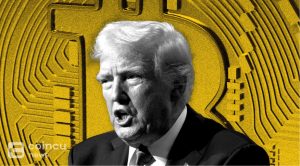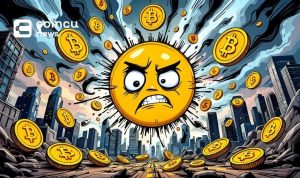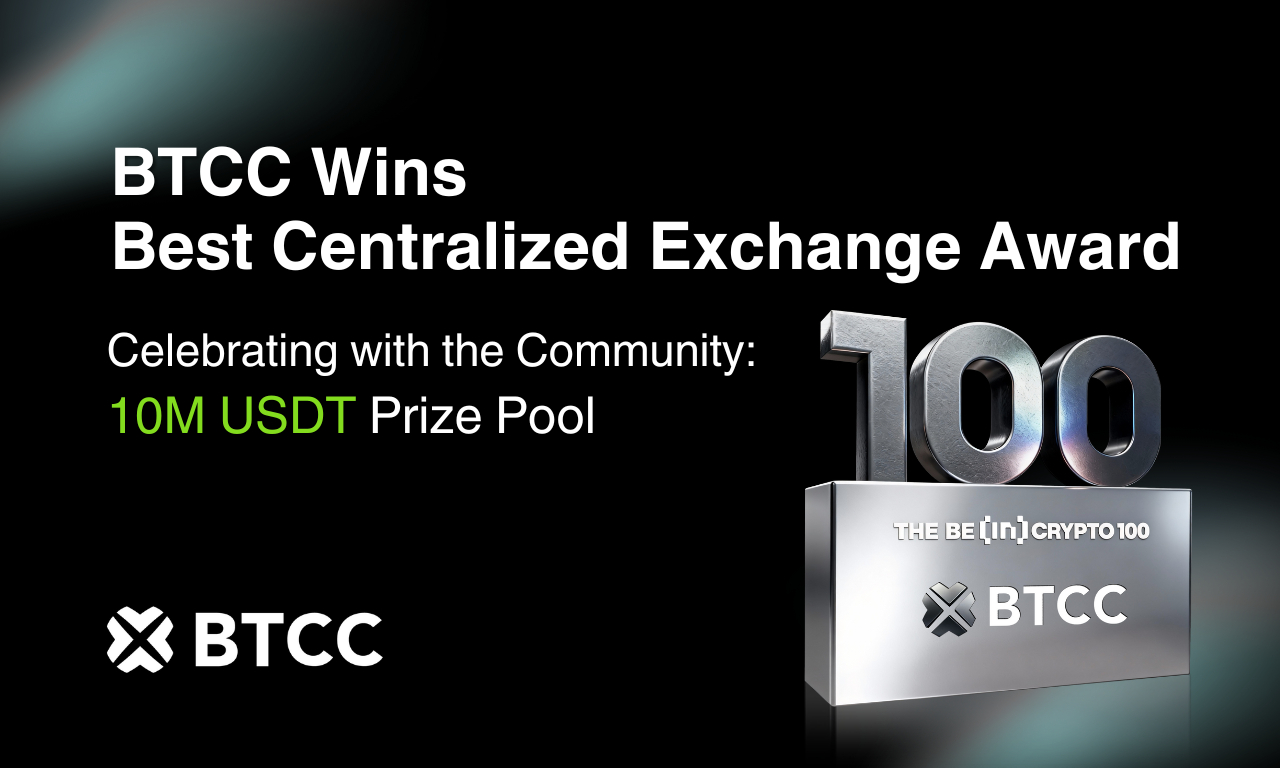Key Points:
- The SEC has designated 19 tokens related to the Binance and Coinbase lawsuits as securities.
- They all have things in common for this agency to impose its labeling.
The Securities and Exchange Commission (SEC) of the United States has launched a lawsuit against Binance, its CEO Changpeng Zhao, and Coinbase. The SEC classified 19 tokens as “securities” in both complaints. So what do they all have in common? Let’s find out with Coincu.

First, let’s review the list of 19 tokens mentioned by the SEC in two lawsuits against Binance and Coinbase, even though the securities definition is “unilateral”:
In the SEC lawsuit against Binance:
- Cosmos (ATOM)
- COTI (COTI)
- Binance Coin (BNB)
- Binance USD (BUSD)
In the SEC lawsuit against Coinbase:
- Voyager Token (VGX)
- Dash (DASH)
- Nexo (NEXO)
- Chiliz (CHZ)
- Near (NEAR)
- Flow (FLOW)
Internet Computer (ICP)
And the tokens are listed on both exchanges:
- The Sandbox (SAND)
- Decentraland (MANA)
- Algorand (ALGO)
- Axie Infinity (AXS)
- Solana (SOL)
- Cardano (ADA)
- Polygon (MATIC)
- Filecoin (FIL)

Looking through the 19 tokens in common, the first thing we can see is these tokens had an initial coin offering (ICO) or fundraising activity. An initial coin offering (ICO) is the cryptocurrency industry’s equivalent of an initial public offering (IPO). An ICO may be launched by a firm looking to generate funding to build a new currency, app, or service.
- Investors who participate in an initial coin offering will get a new cryptocurrency token issued by the company. This token may have some usefulness connected to the firm’s product or service, or it may represent a stake in the company or project.
- Second, each token’s project partner has been established to promote the protocol via constant development. The earnings from token sales are also said to be utilized for company growth or marketing purposes. Typically, SOL, ADA, and ATOM are tokens for the development of the current ecosystem.
- Finally, the protocol’s traits or benefits are stated in each token’s official social media like Twitter, and Discord.
Why, therefore, did the US Securities and Exchange Commission classify these tokens as securities? The Howey Test is applicable here. The subtest includes 4 criteria for judging whether something is a contract for investment.
- The first condition is a financial investment, which indicates that transaction participants must be putting their own money at risk. This includes both monetary and in-kind investments.
- The second criterion is a shared business, which means that the financial performance of the investors is linked in some way. This may be shown by demonstrating the investors’ resource pooling or dependence on a third party to handle their interests.
- The third requirement is an expectation of profits purely from the labor of others, which indicates that the investors anticipate someone else to create a return on their investment. Profits created by third-party management, for example, or earnings generated by the efforts of a certain group or organization, might be included.
- Fourth, something’s profit is derived through the labor of others or issuers.

The SEC claims that the qualities of the 19 tokens submitted this time meet at least three of four criteria, allowing for revenue expectation and meeting the sub-test requirements.
The second issue is what effect it would have if these 19 tokens were classified as securities.
- First and foremost, these coins will not be exchanged on exchanges in the United States.
- Second, these tokens might be temporarily delisted from American exchanges (Coinbase and Robinhood).
- Finally, these tokens have caused legislative changes and will create a precedent for the sector.
Moreover, some argue that the SEC’s enforcement actions are dangerous. In comparison to the UAE’s, UK’s, and Australia’s varied and more deliberate approaches, the SEC has been chastised for failing to account for sector distinctions and for lacking foresight.
DISCLAIMER: The information on this website is provided as general market commentary and does not constitute investment advice. We encourage you to do your own research before investing.
Join us to keep track of news: https://linktr.ee/coincu
Harold
Coincu News






















